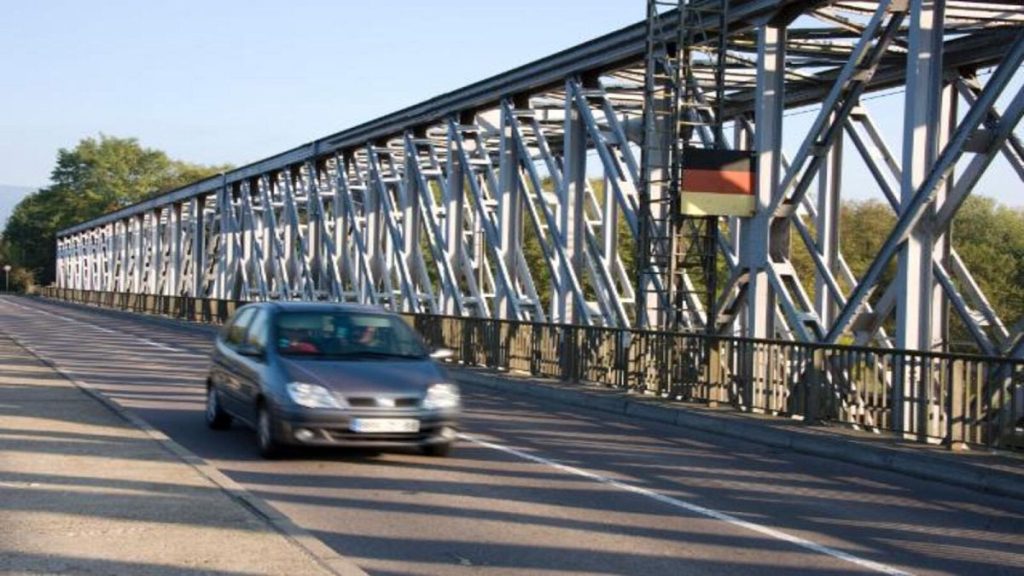Germany’s decision to introduce border controls at each of its nine land borders for the next six months has caused surprise and disapproval among those who frequently cross them. The measures announced apply to borders with Belgium, Luxembourg, the Netherlands, and Denmark from September 16th to March 15th of next year. This decision comes in the wake of 10 countries in the Schengen zone reintroducing border controls this year for reasons such as fighting terrorism and controlling irregular immigration.
The reintroduction of border controls could inconvenience those who live close to the borders and regularly travel between countries. Many individuals, such as residents of Eupen, frequently visit Germany for shopping due to cheaper goods and bigger selections. This latest measure may put a hold on their shopping trips. However, some residents believe that freedom of movement is essential, especially for those living in border areas who need to import and export goods.
Lorry drivers crossing the border seem resigned to the extra minutes added for possible controls. Some drivers are accustomed to checks at other borders, especially those who travel between eastern European countries or from the UK post-Brexit. While the checks can be a hassle, drivers like Paul believe that the German government is right in implementing measures to control immigration. Some drivers have experienced challenges with migrants hiding in their trucks, highlighting the need for increased security measures.
For individuals who lived through the pre-Schengen era and remember the long border procedures, the return of controls is especially annoying. Marijke Van Caekenberghe, a Flemish woman, recalls the strict passport checks and luggage inspections from the 1980s and hopes that Europe does not revert to that time. She questions why Germany, as a Schengen area country, needs to reintroduce such stringent checks. The memories of the divided city of Berlin serve as a reminder of the impacts of border divisions.
Many individuals express concerns about the potential impact of border controls on their daily lives and cross-border activities. Those who have been used to seamless travel within the Schengen zone fear a return to a time when crossing borders meant lengthy checks and controls. Some residents and frequent cross-border commuters worry about the impact on trade, tourism, and personal freedom. The reintroduction of border controls serves as a stark reminder of the importance of freedom of movement within the European Union.
The debate around the reintroduction of border controls in Germany and other Schengen zone countries highlights the complex challenges of balancing security concerns with the principles of open borders and freedom of movement. The experiences and perspectives of individuals who have lived through different eras of border controls offer valuable insights into the potential impacts of such measures. As countries navigate the complexities of security, immigration, and trade, finding a balance that upholds both security and freedom of movement remains a key challenge for policymakers and citizens alike.


